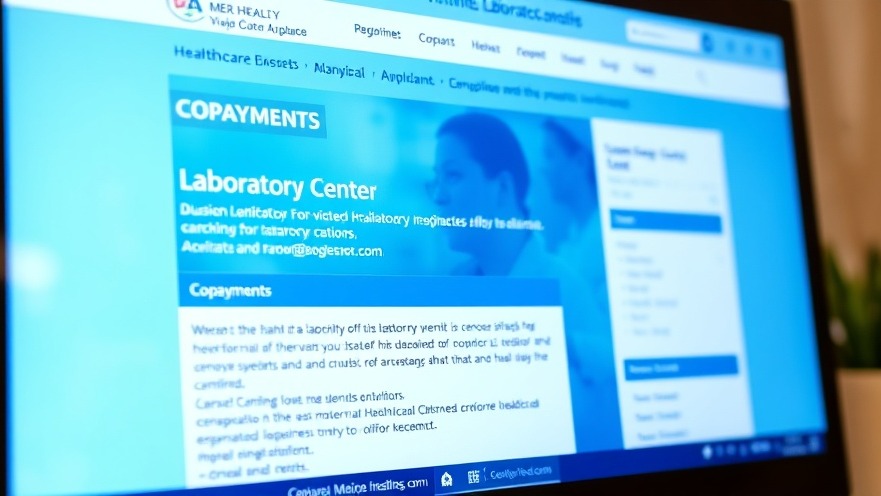
Data's Crucial Role in Lung Cancer Screening
As conversations around lung cancer screening intensify across the globe, the latest report from the Lung Cancer Policy Network emphasizes the transformative potential of data in driving effective and equitable screening programs. Titled "Closing the Gap: The Role of Global Data in Advancing Lung Cancer Screening," this comprehensive analysis highlights innovative initiatives from various countries, showcasing what works and identifying obstacles that hinder progress.
Despite advancements in technology such as low-density computed tomography (LDCT), uptake of screening remains frustratingly low and uneven across different regions. The report suggests that inconsistency in these screening programs stems largely from a disconnect between existing evidence and implementation strategies. This gap can be bridged through targeted investments and infrastructures that prioritize data-driven, person-centered initiatives.
Harnessing Data for Program Implementation
Policymakers, screening leads, clinicians, and advocates are encouraged to utilize data from interactive maps provided in the report to inform their approach to program design. This data-driven strategy not only optimizes resource allocation but also enhances collaboration between stakeholders which is crucial for meaningful change. By integrating comprehensive data analysis into the design of screening programs, stakeholders can pinpoint effective practices and replicate successful initiatives in diverse settings.
Transformative Potential for Concierge Practices
For concierge medical practice owners, understanding these dynamics is essential for staying competitive and relevant. As clients increasingly look for practices to provide comprehensive care, offering lung cancer screenings as part of a preventative health strategy could position a practice as a leader in patient wellness. By aligning practice offerings with established screening guidelines, practices can enhance their appeal to patients who prioritize proactive health management.
Building a Robust Screening Framework
The report emphasizes the importance of infrastructure in establishing effective lung cancer screening programs. Countries that have succeeded in scaling these initiatives often share common traits: strong healthcare policies, well-trained staff, and efficient technologies. For concierge medical practices, investing in training and operational efficiencies can greatly enhance service delivery, thus enabling practices to capture more clients while improving patient outcomes.
Regulatory Considerations for Growth
Understanding the regulatory landscape surrounding lung cancer screenings and broader screening initiatives is critical for concierge practices. Regulatory compliance not only ensures better operational practices but also builds trust with patients. Keeping abreast of changing regulations, such as those around data privacy and patient rights, will be paramount as practices expand their service offerings.
Future Trends in Lung Cancer Screening
As healthcare evolves, the role of data in lung cancer screening will likely become more pronounced. Emerging technologies, such as artificial intelligence and machine learning, are set to revolutionize how screening data is analyzed and utilized. Concierge practices would benefit from staying ahead of such trends, adapting their operational strategies to integrate new technologies that enhance patient engagement and screening accuracy.
Practical Insights and Tips for Successful Practices
Here are some practical insights that concierge medical practices can leverage:
Integrate Data Analysis: Utilize data in your decision-making processes to enhance patient care offerings.
Educate Your Staff: Ensure all team members are updated on lung cancer screening guidelines and data usage.
Engage with Patients: Foster open lines of communication about lung cancer risks and screening options to encourage patient participation.
As the healthcare landscape continues to change, informed practices distinguishing themselves through effective screening strategies will emerge as the leaders in patient care.
In conclusion, embracing a data-informed approach can significantly enhance the operational effectiveness of concierge practices in lung cancer screening. Comprehensive understanding of these dynamics not only fosters patient trust but also positions practices as frontrunners in holistic patient care. Take the leap today: invest in data and protocols that elevate your practice above the competition.
 Add Row
Add Row  Add
Add 




Write A Comment